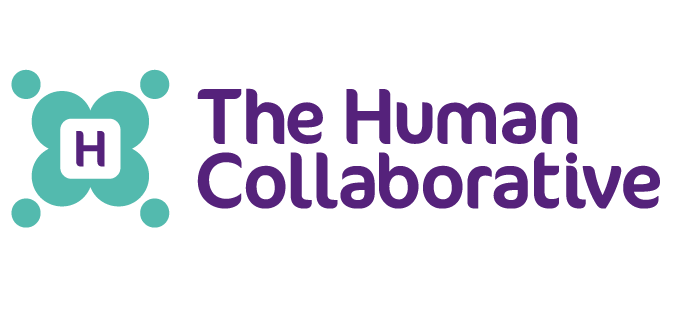I am often asked about the future of the workforce. Given the work we do—helping organisations develop people, talent, and business strategies that meet their future requirements—the frequency of this question makes sense.
For me, the future workforce required to drive business forward depends on skills. It is about people honing their skills, challenging and perfecting them, and businesses recognising these crafts, talents, and attributes as a critical necessity for their future.
What I find intriguing when listening to other people talk about the future of their workforce, where talent will come from, and how they will see the people they need is how narrow the focus seems to be – predominantly focused on the level of education achieved and the last couple of roles the person has had. We often look to the same talent pipelines, sourcing channels, recruitment agencies, and known and trusted institutions. However, this focus must widen with a changing workforce and the notion of a whole person with varied skills, experience, and capabilities.
For me, skills are as much about experience, gumption and tenacity as they are about degrees and qualifications. I have been in the workforce for over 30 years (no, don’t do the math), and over this time, I’ve carried some shame about not being university-educated. I left school in year 10 (it’s ok; it was the 1980s and almost the norm back then) and went to study accounting at TAFE while working three part-time jobs. I have since undertaken a range of amazing development programs but still, to this day, don’t hold ‘a piece of paper’.
My strength and interest lie in working and analysing the workforce. One of my early jobs was in hospitality, where I managed rosters and trained people. In this role, I began a mentoring program for other people starting in the hospitality industry, and it took off to the point where I was running a mega work experience program across four local high schools, which I know benefited hundreds of high school students. These ten years of study, working, saving, and travelling guided me towards people, HR, management and leadership.
My journey to managing global teams at ManpowerGroup for over 15 years was not propelled by my tertiary qualifications or impressive references but by my unwavering passion for people and problem-solving and my readiness to embrace every opportunity that came my way.
It’s easier now to look back and, as Steve Jobs said, ‘join the dots.’ I gravitated towards managing people, leading them, and inspiring them. And now, having my own business and confidently holding my own with diverse customers and clients, I feel proud of my background, work experience, and the skills I honed.
So, how can we see our younger generation and the rising workforce for their skills, potential, and capability that go beyond the piece of paper they have?
Tertiary qualifications are fantastic; they open doors and minds, and I encourage people who want to do so. However, work experience, grit, and gumption also open doors and minds. There is a saying that there is no such thing as ‘luck.’ Instead, luck is when opportunity and hard work collide.
You must work hard to develop your skills and turn your natural interests into professional ones. There are no two ways about it, and I want to encourage the multi-generational workforce to recognise this and, equally, for businesses to help foster it. To businesses, recognise the skills in your people, company, and business unit and provide pathways to those putting their hands up for opportunities and giving it their all.
The people who will shape the organisations of tomorrow are those who can foster and promote their skills as we shape the future of a productive, inspiring and robust workforce.

